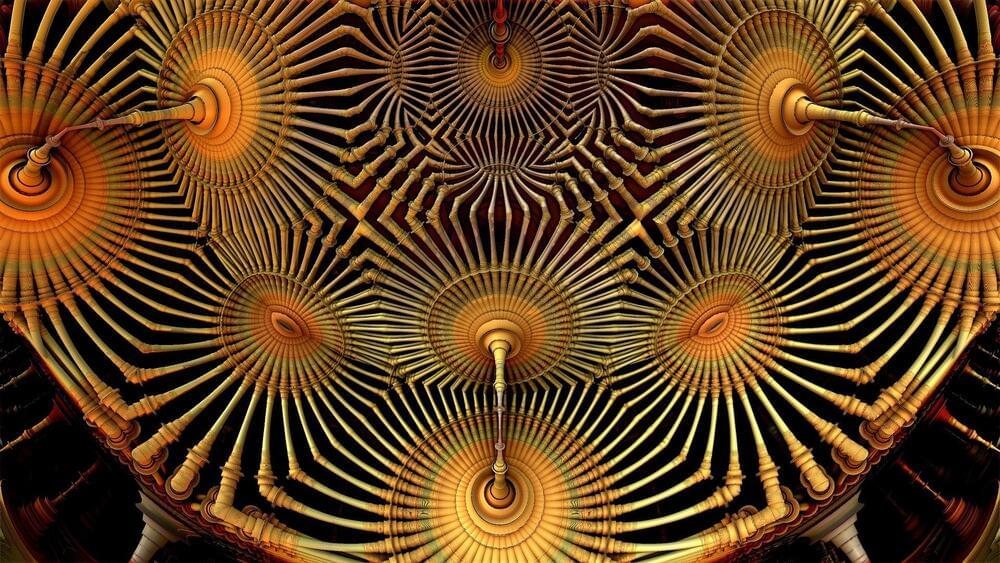Flashes of what may become a transformative new technology are coursing through a network of optic fibers under Chicago.
Researchers have created one of the world’s largest networks for sharing quantum information —a field of science that depends on paradoxes so strange that Albert Einstein didn’t believe them.
The network, which connects the University of Chicago with Argonne National Laboratory in Lemont, is a rudimentary version of what scientists hope someday to become the internet of the future. For now, it’s opened up to businesses and researchers to test fundamentals of quantum information sharing.






